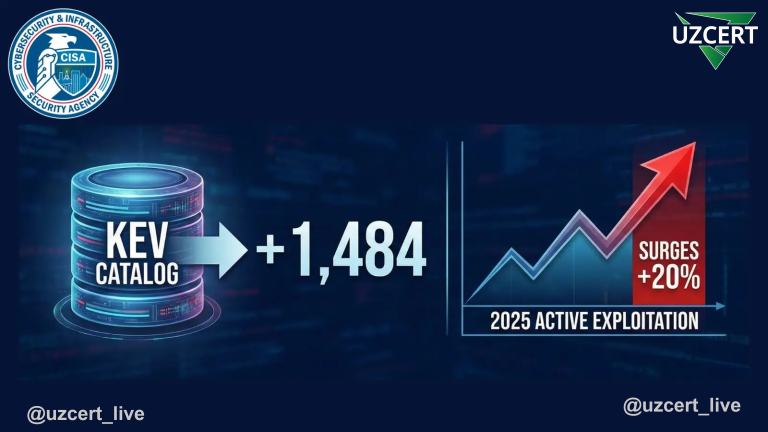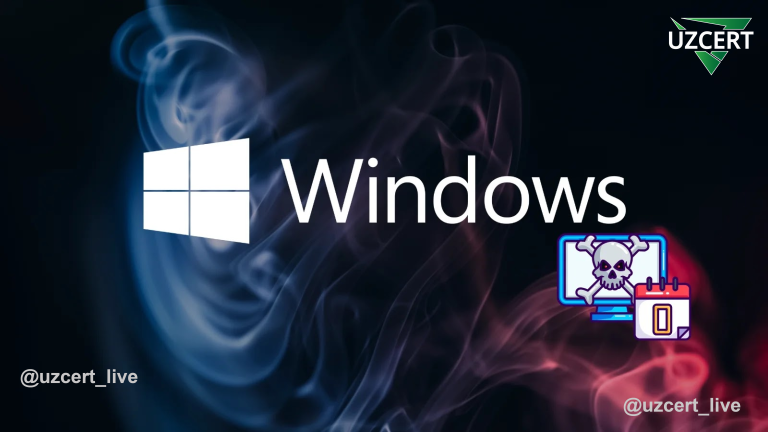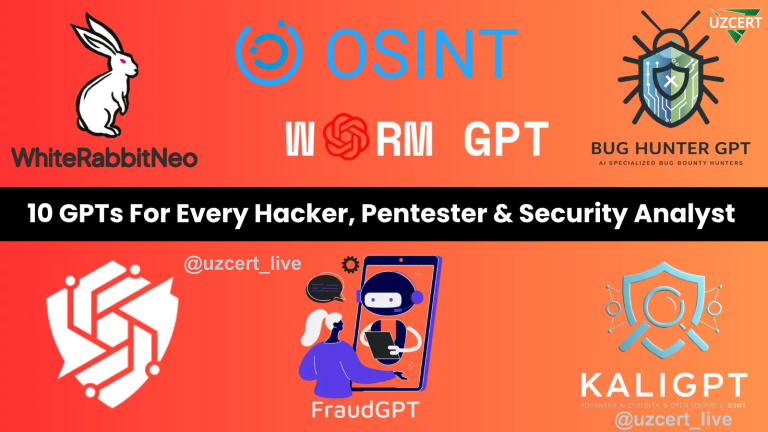
Top 10 GPT Models of 2026 for Cybersecurity Professionals
A New Era for Hackers, Pentesters, and Security Analysts The rapid development of artificial intelligence technologies is fundamentally transforming the field of cybersecurity. By 2026, specialized models based on GPT (Generative Pre-trained Transformer) have not only accelerated information analysis, but…
